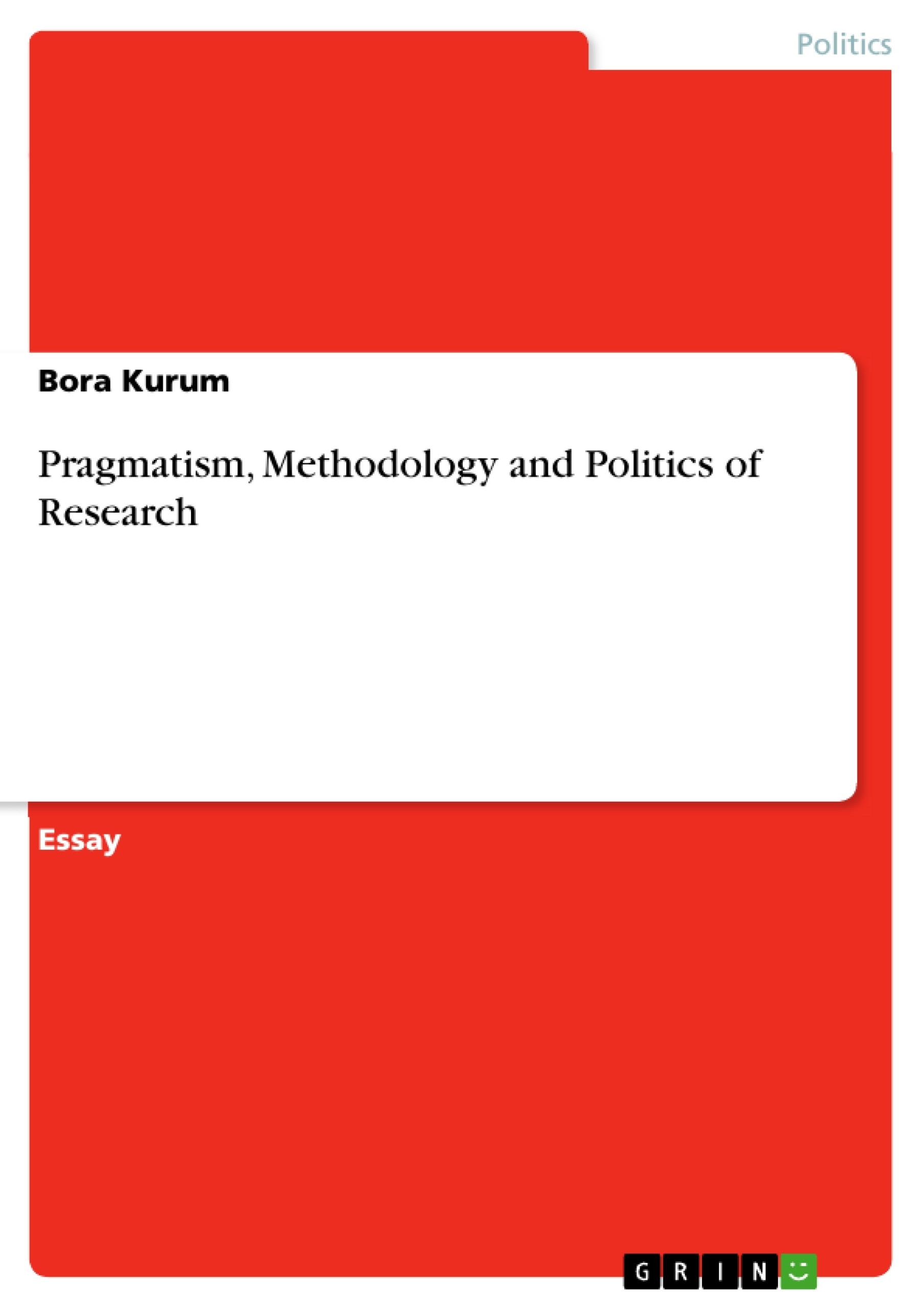The field of research has been coupled by a myriad of unending debates since the time immemorial. The centre of this discussion is in the methodologies used in social and behavioural sciences. It has resulted in a significant divide between the advocates of either the qualitative or quantitative paradigms. Keenly evaluating this dispute, it has resulted in nothing substantial in the field of research rather than purists. Mono-method research, however, is a significant challenge endangering the advancements in the social sciences. It is highly divisive in that sense.
In my perspective, however, from experience gathered in the field of research and studies on the methodologies employed in solving various research problems, I recommend the pragmatism paradigm in addressing a particular research problem. As long as we expect our research findings to be valued by the educational stakeholders, then we should not ignore the significance and importance of utilising both qualitative and quantifiable research approaches concurrently in our investigation in social and also in behavioural sciences. Though pragmatism is a new research paradigm in the field of social and behavioural science, it eliminates the confusion which for a long time has marred and characterised the research paradigms. It possesses a significant challenge to researchers on choosing the appropriate method to use in their research works.
Table of Contents
- Introduction
- Relationship between Pragmatism, Methodology, and Politics of Research
- Similarities Linking the Research Methodologies
- The Politics of Research
- Conclusion
Objectives and Key Themes
This text explores the pragmatism paradigm in research, particularly in the social and behavioral sciences, challenging the traditional dichotomy between qualitative and quantitative approaches. It advocates for the use of mixed methods research (MMR) as a more comprehensive and effective approach to understanding social phenomena.
- The relationship between pragmatism, methodology, and the politics of research
- The strengths and weaknesses of qualitative and quantitative research methods
- The similarities between qualitative and quantitative approaches
- The role of social justice in research methodologies
- The significance of methodological pluralism in social and behavioral science research
Chapter Summaries
- Introduction: This chapter introduces the ongoing debate surrounding research methodologies in social and behavioral sciences, particularly the divide between qualitative and quantitative paradigms. It argues for the pragmatism paradigm as a solution, emphasizing the importance of utilizing both qualitative and quantitative approaches concurrently.
- Relationship between Pragmatism, Methodology, and Politics of Research: This chapter discusses John Dewey's influence on the author's perspective on the relationship between pragmatism and research methodologies, specifically highlighting Dewey's connection between pragmatism and social equality. It explores the philosophical underpinnings of pragmatism and its implications for research.
- Similarities Linking the Research Methodologies: This chapter delves into the similarities between qualitative and quantitative research methods, arguing that their shared strengths and weaknesses necessitate a collaborative approach. It challenges the "incompatibility theory," which posits that the paradigms cannot be mixed, advocating for methodological pluralism.
- The Politics of Research: This chapter examines the political aspects of research methodologies, particularly in relation to social justice issues. It raises concerns about the potential for neglecting social justice concerns when focusing solely on methodological debates.
Keywords
Key keywords and focus topics include pragmatism, mixed methods research (MMR), qualitative research, quantitative research, methodological pluralism, social justice, and the philosophical underpinnings of research methodologies in the social and behavioral sciences.
- Quote paper
- Bora Kurum (Author), 2017, Pragmatism, Methodology and Politics of Research, Munich, GRIN Verlag, https://www.hausarbeiten.de/document/432174


